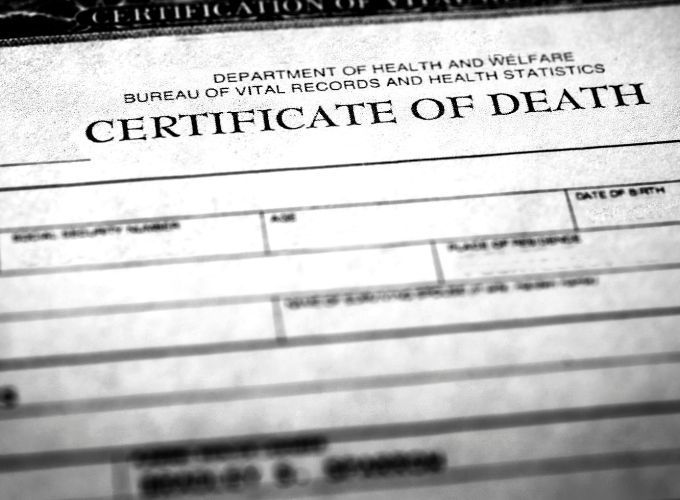Articles Of Interest
Different Types Of Grief

Everyone’s experience with the loss of a loved one is different. Most people expect to experience a period of grieving, but what may come as a surprise is how that grief is expressed. There are more than a dozen different types of grief that you may experience.
At different times as you move through the grief process, you may experience several of these different types of grief. Keep in mind that some types are very specific to circumstances surrounding the death of your loved one.
To help you better understand what you, a family member or friend is experiencing, here are short definitions for common types of grief.
Anticipatory Grief
This type of grief often occurs before an impending loss. Family and friends of someone suffering from a debilitating condition, in declining health or is in hospice care are examples of situations that may trigger anticipatory grief.
Abbreviated Grief
A short-lived grieving period, due to the fact that the attachment to the deceased person wasn’t as great; the role of the deceased is quickly filled by someone or something else; or there was anticipatory grief, prior to the loss.
Absent Grief
Occurs when there are no outward signs of grief and the person seemingly moves on with life, as if nothing has happened. This can occur when someone is in shock or denial. Behavioral changes, such as an increase in drinking, can be common in this situation.
Chronic or Prolonged Grief
Grieving that lasts for an extended period of time may be chronic grief. You may notice that there is no significant reduction in the emotional distress, regardless of the amount of time that has passed. The grief feels as fresh as when the loss first happened.
Collective Grief
If the grief is felt by a community, society village, or nation because of war, natural disasters, terrorist attacks or the death of a public figure.
Delayed Grief
Occurs with people who either consciously or unconsciously avoiding the reality of the loss they have experienced. Some may experience this type of grief if they initially are involved with all the immediate tasks that need to be taken care of or they are supporting others with the loss. The grief tends to hit them at a later date, sometimes brought on unexpectedly.
Disenfranchised Grief
This type of grief happens when society or the community does not acknowledge or recognize the loss. The death may be stigmatized (suicide), considered insignificant, or the relationship is not acknowledged by society.
Exaggerated Grief
Those who experience overwhelming and intensified “normal” grief reactions that may worsen over time. These reactions may include nightmares, drug abuse, thoughts of suicide, abnormal fears, and the development of psychiatric disorders.
“Normal” Grief
There is no “normal” grief as everyone experiences grief for a different period of time and at varying degrees of intensity. For lack of a better description, normal just means there is a movement towards acceptance of the loss and a gradual lessening of symptoms.
Traumatic Grief
Grief that is combined with a distressing event is considered traumatic grief. This occurs as a result of a loved one dying in a frightening, unexpected, or traumatic way.
Regardless of the type of grief you are experiencing, it is important to seek out the help of family and friends, support organizations or professionals.











